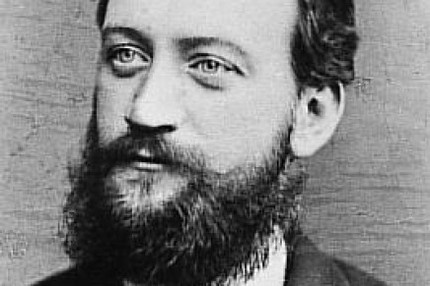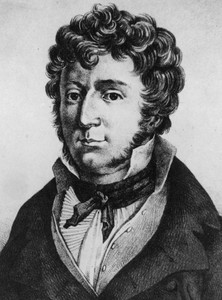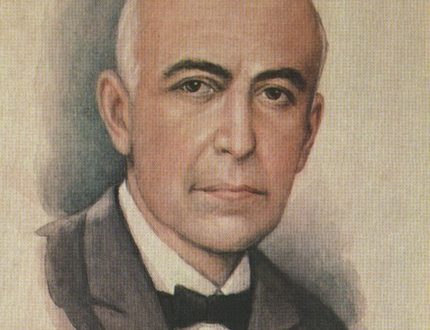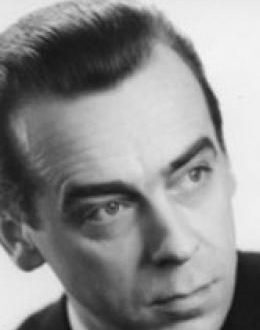
Carl Millöcker |
Carl Millöcker

Millöcker is a prominent representative of the Austrian operetta school. A great connoisseur of the theater, fluent in the specifics of the genre, he, despite the lack of significant talent, created one of the pinnacles of the Austrian operetta – “The Beggar Student”, in which he masterfully used Viennese dance rhythms and song melodic turns. Despite the fact that he did not create any significant works before and after The Beggar Student, thanks to this one operetta, Millöker deservedly entered the ranks of the classics of the genre.
Offenbach’s satirical features are mostly foreign to the composer. He is only a lyricist, and his works are primarily entertaining comedies with typical Viennese musical intonations, with everyday situations and characteristics. In his music, the rhythms of the waltz, march, folk Austrian melodies sound.
Carl Millöcker Born April 29, 1842 in Vienna, in the family of a goldsmith. He received his musical education at the conservatory of the Vienna Society of Friends of Music. In 1858, he began his musical career as a flutist in a theater orchestra. At the same time, the young man begins to compose in various genres, from vocal miniatures to large symphonic works. Thanks to the support of Suppe, who drew attention to a capable orchestra player, at the age of twenty-two, he received a place as a theater bandmaster in Graz. There he first turned to operetta, creating two one-act plays – “The Dead Guest” and “Two Knitters”.
Since 1866, he became the conductor of the An der Wien Theater, and in 1868 he made his debut in the capital with the third one-act operetta The Chaste Diana, written under the clear influence of Offenbach. After that, his first full-night operetta, The Island of Women, is staged at the Deutsches Theater in Budapest, in which the influence of Suppe is palpable. The performances are not successful, and Millöcker, who has been the director of the An der Wien Theater since 1869, switches for a long time to creating accompanying music for dramatic performances.
In the late 70s, he again turns to the operetta. One after another, The Enchanted Castle (1878), The Countess Dubarry (1879), Apayun (1880), The Maid of Belleville (1881) appear, which make him popular. The next work – “The Beggar Student” (1882) – puts Milloker in the ranks of the outstanding creators of the operetta. This work is followed by The Regimental Priest, Gasparon (both 1881), Vice Admiral (1886), The Seven Swabians (1887), Poor Jonathan (1890), The Trial Kiss (1894) , “Northern Lights” (1896). However, they cannot rise to the level of the “Poor Student”, despite the fact that in each of them there are separate bright and interesting musical episodes. Of these, after the death of the composer, which followed on December 31, 1899 in Vienna, a rather successful operetta “Young Heidelberg” was put together.
In addition to numerous operettas and early vocal and orchestral opuses, Millöker’s creative heritage includes ballets, piano pieces and a large amount of music for vaudeville and comedies.
L. Mikheeva, A. Orelovich





